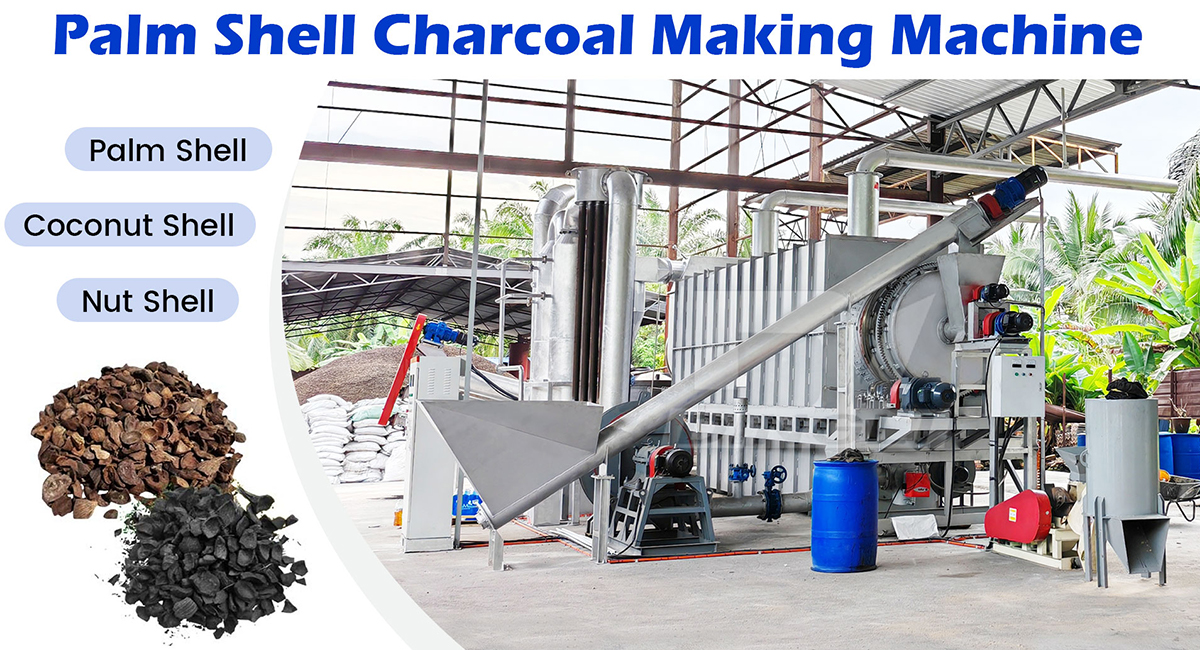 dinglimachine01@gmail.com
+86 16638159081(Wechat/WhatsApp)
dinglimachine01@gmail.com
+86 16638159081(Wechat/WhatsApp)
In the face of uneven dryness and diverse sources of biomass raw materials in reality, an excellent carbonizer must have strong humidity adaptability. This is not only related to energy consumption, but also directly determines the performance and market value of the final carbon product.

The direct impact of humidity fluctuations on carbonization effect. Significant fluctuations in material humidity will disrupt the stable thermal environment in the furnace. When the humidity is too high, the temperature in the local area drops sharply, resulting in delayed or incomplete carbonization reaction, and the product may be raw or uneven in quality; although low humidity (extreme dryness) is energy-saving, too fast heating may also affect the formation of carbon microstructure. Ideal carbon products require a stable and appropriate humidity starting point.
Carbonizer: The guardian of stable process. Excellent carbonizer design can effectively buffer the impact of raw material humidity fluctuations through precise feeding system control, flexible zone temperature adjustment or intelligent process feedback mechanism. It can automatically or semi-automatically guide raw materials of different humidity to the ideal carbonization path, maintain the relative constancy of key reaction conditions in the furnace, and thus ensure that carbon products produced from different batches and raw materials from different sources can reach consistent high standards.
Investing in a carbonization machine with strong humidity adaptability is a solid foundation for obtaining stable, reliable, high-quality carbon products and winning market trust.